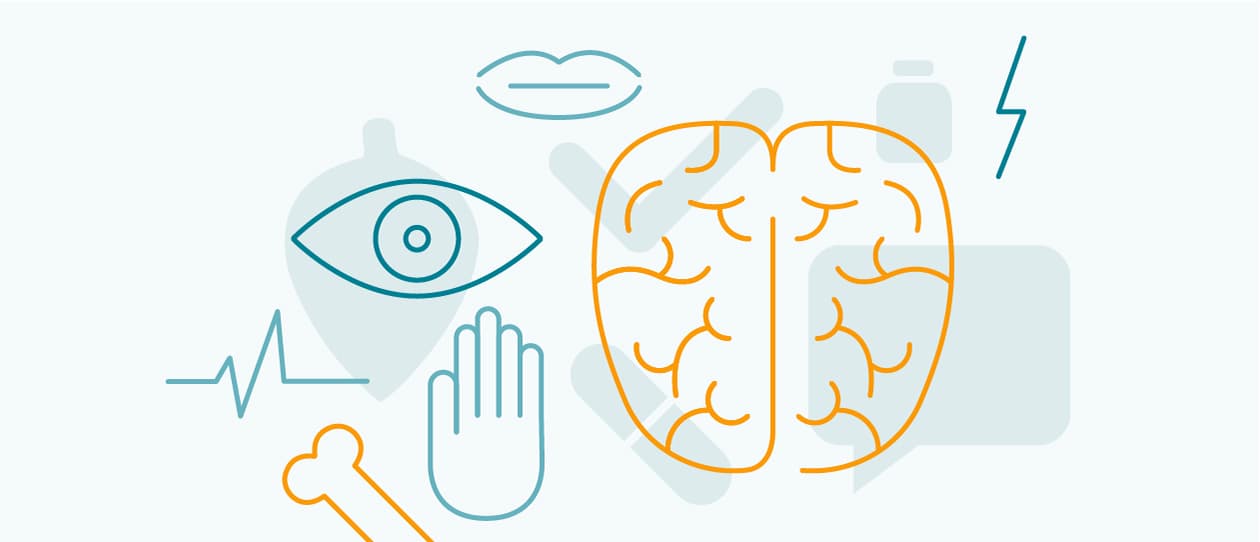What is an ‘infection’?
In simple terms, an infection is the invasion and growth of germs in the body, which causes the immune system to react. While some infections affect just one area or body part, others are more widespread.
Infections can be caused by:
Bacteria, which can cause infections in the throat, skin, bowel and many other parts of the body. Examples include ear infections, urinary tract infections and strep throat. Food poisoning is an infection that’s also often caused by bacteria.
Viruses, which are responsible for infections like the common cold and flu, many coughs, and also chickenpox.
Symptoms
Symptoms that are common to most infections include:
- Pain
- Fever
- Swelling
- Redness
Other symptoms vary according to the organism responsible for the infection, as well as the site and severity of the infection. For example:
- Viral respiratory infections such as colds, flu and tonsillitis typically involve a sore throat, nasal congestion, coughing, fatigue, and a general feeling of being unwell.
- Viral and bacterial gastrointestinal infections are both characterised by nausea, vomiting, diarrhoea, and abdominal pain.
- In conjunctivitis and other bacterial eye infections, the eyes become red, sore, itchy, and watery.
- Bacterial skin infections make the affected area swollen and painful, red, and warm to touch.
- Bacterial urinary tract infections often cause urination to become painful, and the urine may contain blood or pus, or have a strong odour.
Causes
With most infections being caused by either bacteria or viruses, it’s important to note that these can enter the body via a number of routes, including:
- Exposure to infected droplets when an infected person sneezes or coughs, either via inhalation of the droplets while they’re in the air or by coming into contact with them on surfaces.
- Broken skin, for example a cut, scratch or graze.
- Consumption of contaminated food or water.
- Contact with the faeces, vomit or bodily fluids of an infected person.
- Bites from infected animals.
Treatment
Bacterial and viral infections are often treated differently.
Treatment for viral infections: usually includes taking steps to manage symptoms, such as drinking warm fluids to stay hydrated and using over-the-counter pain relief for fever and other pain.
Treatment for bacterial infections: Speak to your health professional, treatments may involve antibiotics to kill the bacteria.
General support: :
- If you’re concerned about your health, speak to your health professional.
- Rest is an important part of curing an infection, and sleep supports your immune system. Listen to your body and don't try to do more than you are capable of. Relax and rest as much as possible.
- During an infection, maintain your bodily fluids by drinking lots of water. If you are concerned that you or your child may be becoming dehydrated, an electrolyte replacement formula is recommended. Seek medical advice if it is not quickly effective or if a child is affected.
- Alcohol, caffeine and other diuretic substances should be avoided until the infection has passed.
- While suffering from a gastrointestinal infection, stick to a bland diet that contains starchy foods such as bread, rice and bananas. For other infections, eat lightly, focusing on fresh fruit and vegetables, wholegrains and legumes.
Prevention
The immune system’s primary role is to ward off pathogens, so its health and function have implications for the prevention of and recovery from infection.
Remember:
- Immune status is supported by nutritional status. Even when you’re not sick, eat a healthy diet based on fruit and vegetables, wholegrains, legumes, seeds and nuts. And keep unhealthy fats and refined sugars low.
- Practise good personal hygiene. Avoid sharing utensils, razors, towels and other personal items with anyone who is sick. Always wash your hands with soap and warm water after going to the toilet or touching animals, and before handling food.
- Don’t eat food that has not been well refrigerated and, if it needs to be cooked, make sure it’s well cooked.
- If you smoke, stop – and avoid being exposed to second-hand smoke too. Cigarette smoke causes the build-up of toxic material in the lungs and also damages the tiny hairs lining the respiratory tract called cilia, which form an integral part of the immune system by helping to prevent foreign bodies entering the airways.
- You can also take other steps to support your immune health if you need to.
Important notes
- If you have any concerns about your health, speak to your health professional.
- Although the immune system is able to deal with many of the bacteria and viruses responsible for infection that we encounter, many are contagious. In most cases it is advisable to seek the advice of a healthcare professional.
- Consult your healthcare professional if you experience frequent or recurrent infections.
- if you have symptoms relating to COVID-19, seek health advice about getting tested


